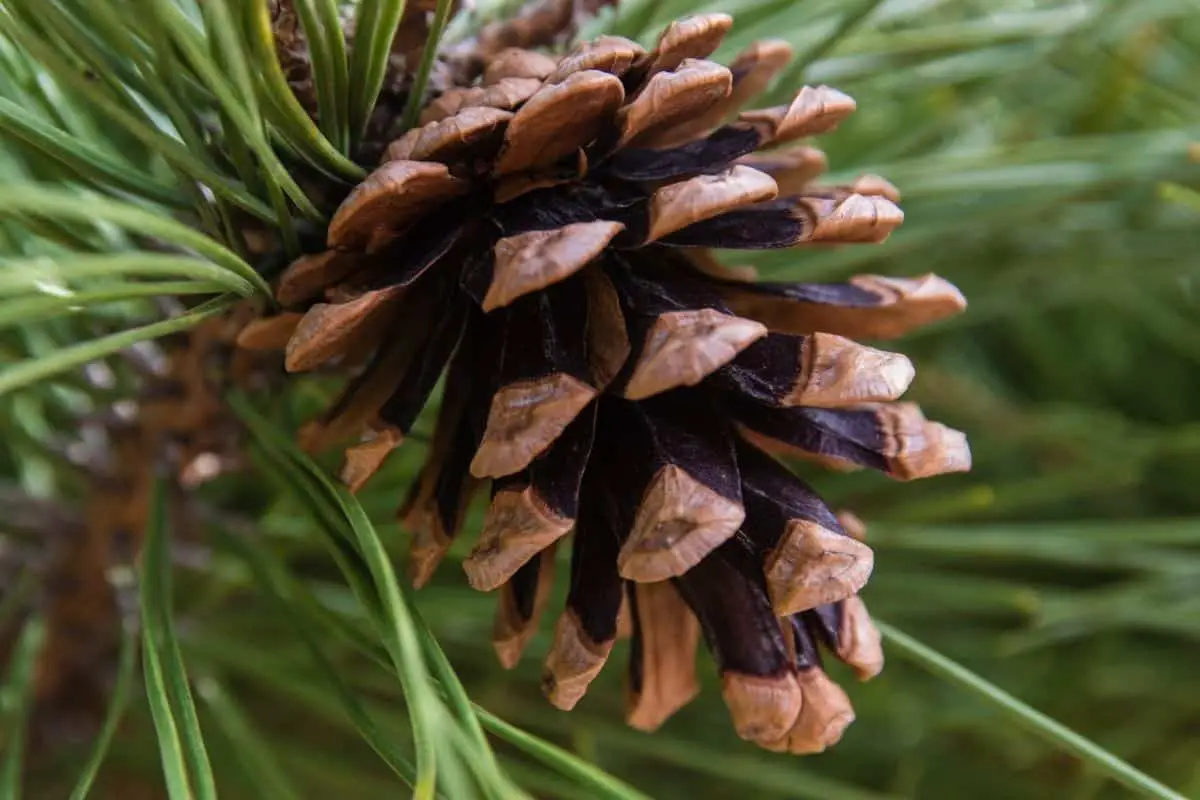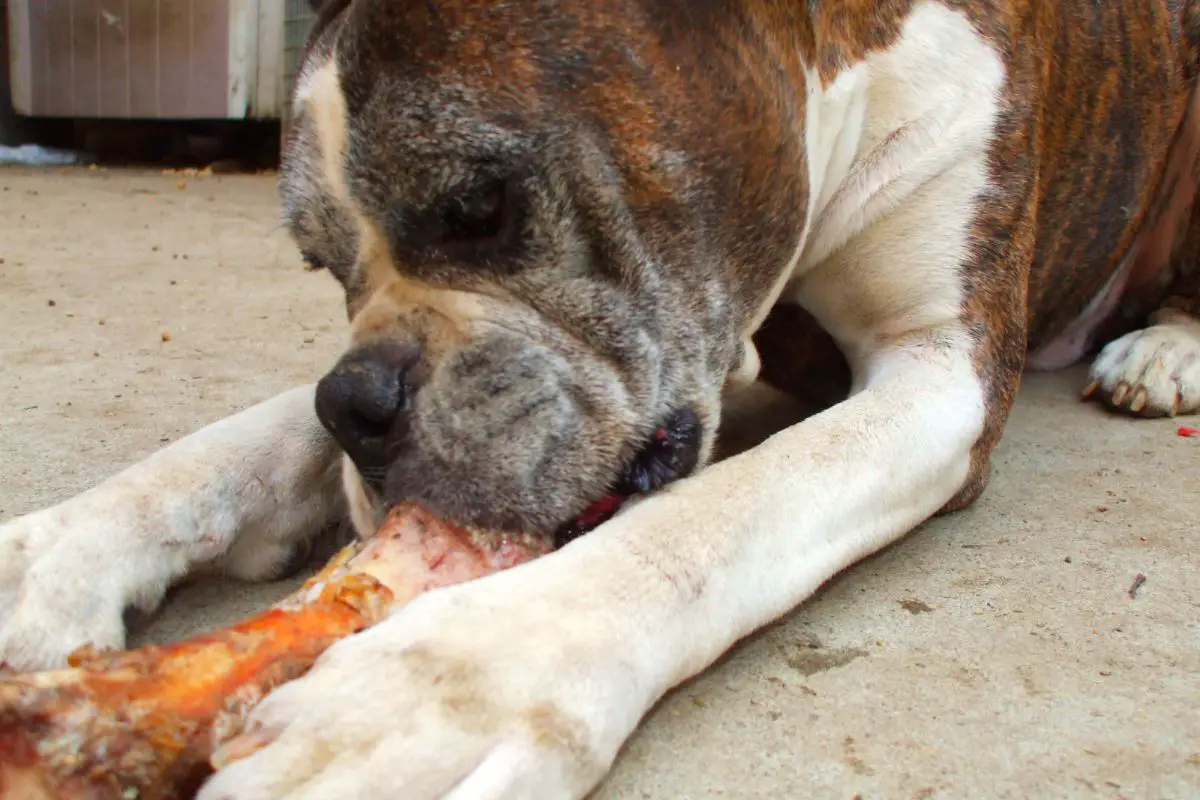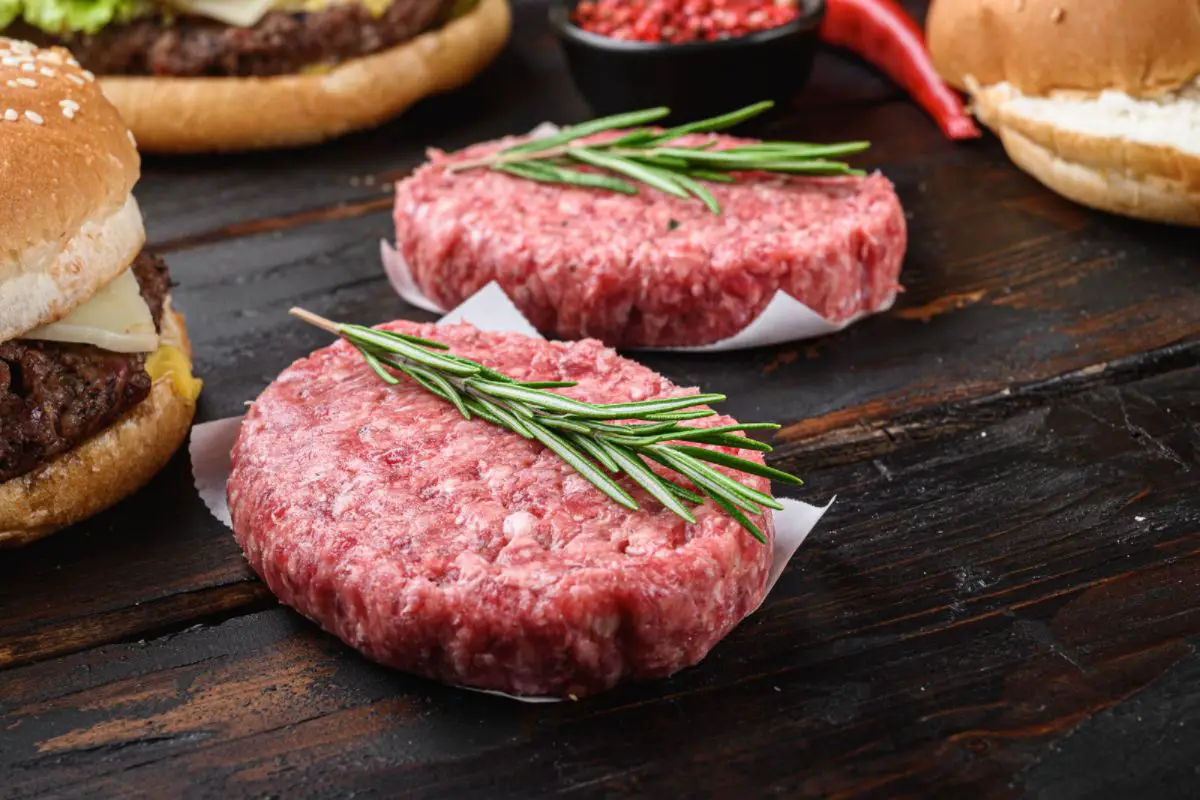There are dozens of plants that are toxic to dogs, and pine trees are one of them. But keeping your pup away from fallen pine needles and pine cones can be challenging, especially if you have pine trees on or around your property. As such, there’s a chance your furry friend might chow down on some pine cones before you have a chance to stop them.
When a dog eats a pine cone, the first thing owners should do is contact a veterinarian and schedule an emergency appointment. It’s also crucial to provide clean water, closely observe the dog, and remove pine cones and needles from the yard. Choosing pine-free walking paths is also a great idea.
In this article, we’ll discuss what to do when your dog eats a pine cone, including:
- Contact your veterinarian and schedule an immediate emergency visit.
- Provide fresh, clean drinking water for your dog.
- Remove pine needles and pine cones from your yard.
- Consider hiring a tree removal service to get rid of pine trees on your property.
- Avoid pine-filled walking paths when walking your dog.
- Use a comfortable muzzle to keep your pup from eating toxic plants.
Contact Your Veterinarian
Has your dog eaten a pine cone? If so, the first thing you’ll want to do is to call your veterinarian. Even small amounts of pine can be toxic to pups of all ages and sizes.
Fortunately, most veterinarians offer emergency services during standard operating hours. However, if it’s too late or early to take your four-legged family member to your usual veterinarian, you should seek out 24/7 emergency pet clinics.
You could also call Animal Poison Control for assistance.
If you can’t manage to get anyone on the phone within several minutes of trying, you may want to safely load your dog into the car and start driving toward the nearest emergency veterinary clinic. If possible, prepare a small amount of water for your pup to drink on the way.
Provide Fresh Water
One of the best ways to help your dog detox is to offer them a fresh bowl of clean water. When your pet eats something toxic, having them drink plenty of fluids could help flush out the toxins more quickly.
Remember, though some types of pine (including Australian pine) aren’t as toxic to cats and dogs as other types, you may not have enough time to identify the specific type of pine you’re dealing with.
As such, it’s always best to act quickly when providing care and seeking professional help.
Still, it’s crucial never to force water on your pup, but if they’re thirsty, let them drink. Otherwise, focus on making it safely to the veterinarian or emergency pet clinic.
Ensure Proper Treatment
After arriving at your veterinarian’s office or the local emergency clinic, you’ll want to inform nearby staff about your dog’s condition. Poisoning situations are urgent, especially if your pup has started vomiting, trembling, or drooling excessively.
These are all warning signs of canine liver damage.
After your staff members have escorted your pet to an examination room, it’s simply a matter of waiting. At this point, there’s nothing more you can do until your dog has undergone treatment, which typically includes vomit induction and surgery.
Remember, the sooner you’re able to seek medical help and intervention, the more likely your dog is to recover. When you and your pup return home from the clinic, you’ll want to keep them confined indoors for at least a few days.
Not only will this help your dog relax (visiting the veterinarian can be a stressful experience), but it will also give you time to remove any pine cones still lingering in your yard.
Remove Pine Cones and Needles
If your pup has eaten pine cones from your yard, you’ll want to go ahead and remove them as soon as possible, which can be a time-consuming task. If you have a large yard, you may want to consider hiring a lawn service.
If your lawn is typically filled with pine needles, lawn care professionals can help haul them away, keeping your pet safe from repeat pine poisonings. Of course, if you have pine trees on your property, you might also want to start thinking about having them removed.
Contact a Tree Removal Service
While you could hire a team of lawn care professionals to help you keep your lawn pine-free, a better long-term option might be tree removal. According to HomeAdvisor, the average price for tree removal is about $750, though some tree removals can cost upwards of $1,000.
Ensuring that your property is free of pine trees is an efficient way to keep your pups safe from accidental pine cone poisoning. Of course, pine cones that fall into your yard from neighboring properties can be impossible to avoid.
But you could reduce your dog’s risk by choosing specific walking routes and outdoor destinations. Being careful to take your pup on pine-free adventures might be easier than you think.
After all, there are far more dog parks and puppy-friendly play areas than ever before.
Choose Pine-Free Pathways
You could also try choosing pine-free pathways when walking your dog. While this isn’t always possible, it’s always a good idea. When you explore other nearby options, such as dog parks, you might open yourself up to new and exciting experiences with your pup.
Not sure where to take your dog for outdoor play and exercise? You can use your favorite search engine to find dog parks and dog-friendly beaches, or you can use a specialized online directory.
BringFido is a fantastic resource for finding nearby puppy hotspots.
However, if you can’t avoid pine cones and pine needles, you’ll want to keep a close eye on your pup while you’re out and about for a walk. You might also want to consider purchasing a comfortable muzzle. Though this might seem like an extreme step to take, it’s vital to remember that it’s only a short-term solution.
Use a Comfortable Muzzle
Poorly trained dogs or hyperactive pups may chew or eat pine cones against your commands. If you find that your dog continually goes after pine needles and pine cones, a muzzle could help you avoid repetition poisoning incidents.
The Mayerzon Dog Muzzle from Amazon.com is a smart option for dogs of all sizes. It’s made of soft rubber, is designed for optimal ventilation, and it’s one of the most comfortable options, thanks to its unique securing straps and skin-friendly material.
Unlike other types of muzzles, this option won’t restrict your dog’s ability to breathe easily.
But if your pup does have these kinds of behavioral problems, training is also a must. While a muzzle is an excellent temporary tool to help prevent unwanted chewing and eating, it’s not meant to be a permanent solution, and additional training might be needed.
Provide Behavioral Training
If your dog seems to go after pine cones specifically, or they tend to eat random plants throughout the yard, you may want to seek veterinary advice. Your pup might chew on plants due to a nutrient deficiency.
But they might also be feeling bored or overstimulated. After addressing any potential health-based causes, training could help you teach your dog to avoid poisoning substances. If your furry friend hasn’t undergone training lessons in the past, you may be amazed to see how quickly they take to them!
Finding nearby puppy training classes is a relatively straightforward process. Group classes and private sessions are excellent options, and local pet stores may help you contact certified pet trainers.
Conclusion
Pine cones are toxic to dogs of all breeds and sizes. If your dog eats a pine cone, you’ll want to contact your veterinarian right away. It’s also crucial to provide fresh water, remain calm, and keep an eye on your four-legged family member.
After bringing your dog to a veterinarian or emergency pet clinic for treatment, you’ll want to remove all pine needles and pine cones from your yard. You may also want to remove any pine trees on your property and avoid walking your pup in areas with lots of pine trees.
Related Articles
- Can Dogs Eat Sage? (Is It Safe)
- Can Dogs Eat Thyme? (We Find Out)
- Can Dogs Eat Ketchup? Read This First!
- Can Dogs Eat Crab Apples? Is It Safe?
- Can Dogs Eat Gummy Bears? (We Ask the Experts)
Sources
- Amazon: Mayerzon Dog Muzzle
- American Kennel Club: Dog Muzzles: When, Why, and How to Correctly Use Them
- American Society for the Prevention of Cruelty to Animals: Animal Poison Control
- American Society for the Prevention of Cruelty to Animals: Australian Pine
- American Society for the Prevention of Cruelty to Animals: Behavioral Help for Your Pet
- BringFido: Sitemap | Dog Parks & Beaches
- Dogs NSW: How to spot signs & symptoms of poisoning in dogs & how to react
- HomeAdvisor: How Much Does It Cost To Cut Down & Remove A Tree?




